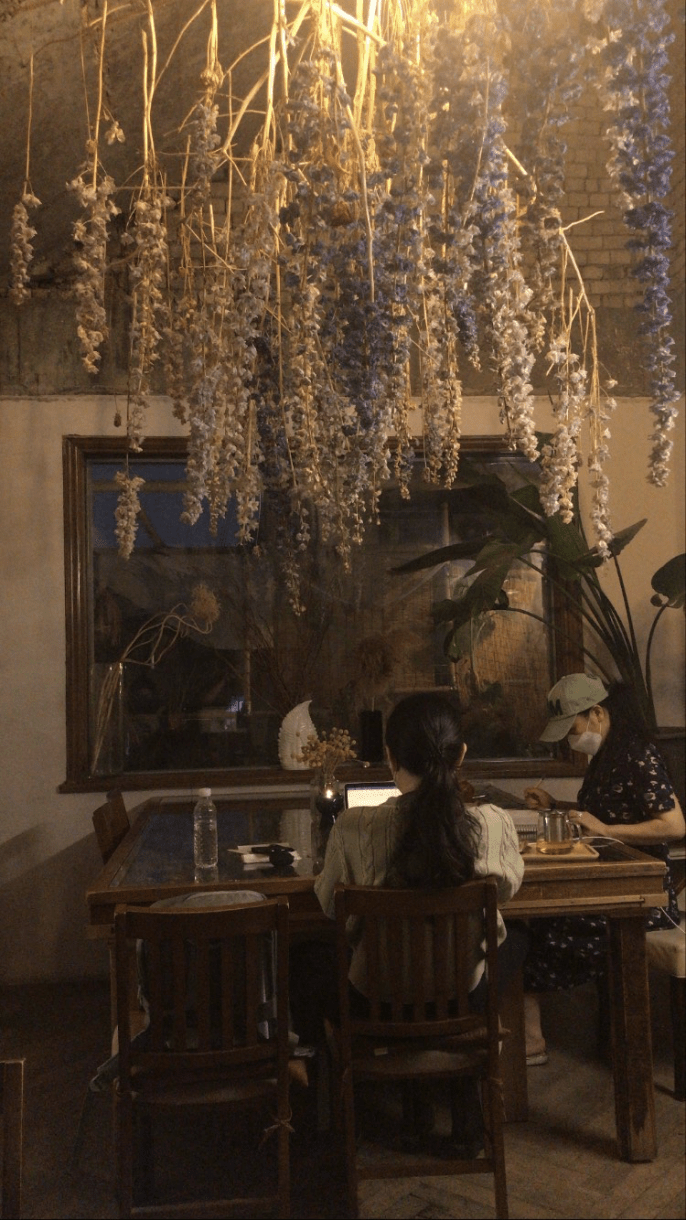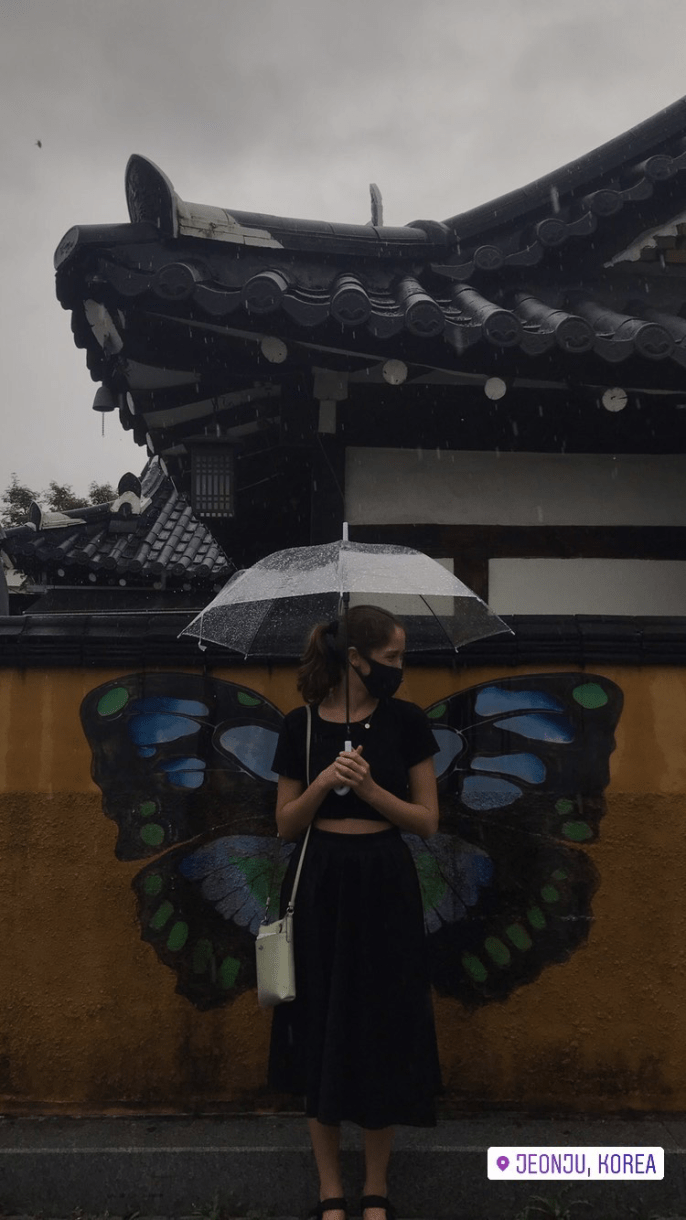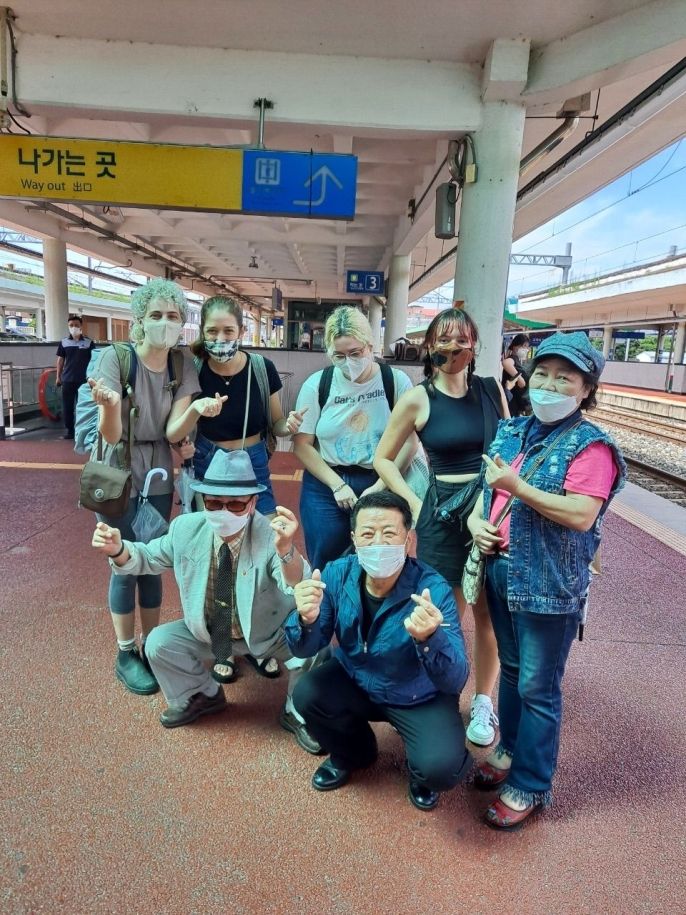First Time in Asia: Foreign in South Korea
Studying abroad can be a difficult experience for a lot of reasons. After my first month. I couldn’t help but compare Korea to the other abroad experience I had in France. Europeans compare themselves to Coconuts (hard on the outside, soft on the inside) and Americans to peaches (soft on the outside, hard on the inside). When I met a Korean guy and I asked him about it, he said Koreans are like sweet potatoes. Good to eat, but good at hiding it first. I suppose I sort of get what he means, though the comparison made me laugh at first.
The balance between isolation and inclusivity in any study abroad experience is interesting, but particularly in a collectivist culture like Korea I’ve been noticing how different it is from America. It’s not hard to feel how different you are, if you are just not Korean. When I walk on the street, people do tend to stare. But also, when my friend was in the hospital and I was running around Seoul in a monsoon, with nothing but a dress flip-flops it and with no cell phone or ID, several people tried to give me their umbrellas or help in different, quiet, ways.
The language barrier was one aspect I knew to expect. Koreans tend to either be fairly fluent in English, or know very little at all, in my experience. On my end, no one hardly any cream at all means I always feel awkward and rude. However, unlike my experience in Europe, all Koreans try to speak English in some way, and highly encourage any terrible Korean I might attempt.
For me, the greatest difference has been the level of social organization, for lack of better word, in Korea as compared to America. It makes life efficient, everybody knows where to buy trays and which tends to use to recycle what objects, but it does make those who don’t know the implicit rules stick out. However, despite any reserved outward appearance, approaching people when in need is usually met with success. Add a café, one after 6 PM my friends and I had to snap to separate tables, my friends out with a Korean woman proceeded to help her with Korean homework, bought us tea over the course of the next few hours, and played us with cake she refused to take any out. It was a more extreme example in my experience, but an exemplification of the Uni/Oppa social hierarchy, of elders taking care of younger people, that is so different from America. I found this a pleasant surprise, as American perception definitely holds that the ‘respect your elders’ mentality is oppressive in Asia in general. While it's definitely a part of life (what with bowing becoming muscle memory and -yo and -nida at the end of all my sentences), the reciprocal also is more common than stereotypes would have you believe. People really do look up and around here at each other and the world, rather than the head down mentality city folks in America tend to have.
Related Posts
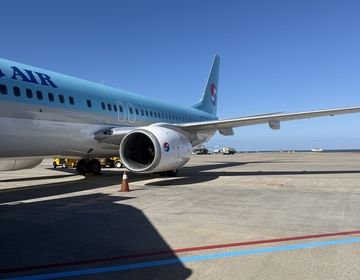
Soul Searching in Seoul: Everything I Learned and What I Wish I Knew
Before I start crafting my “study abroad changed me” answers for friends and family, here are the practical things I wish I’d known. The things that would’ve saved me time... keep reading

A Seoul Escape to Bukhansan
Get out of the hustle and bustle of Seoul and head to the peak of Bukhansan!
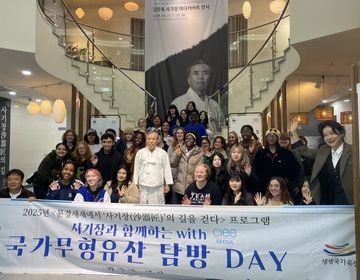
My Time in South Korea Attending Yonsei University: A Life-Changing Chapter
By: Zahrraa Al-Salman Studying abroad had always been a dream of mine—an opportunity to step outside of my comfort zone, immerse myself in a new culture, and deepen my understanding... keep reading
